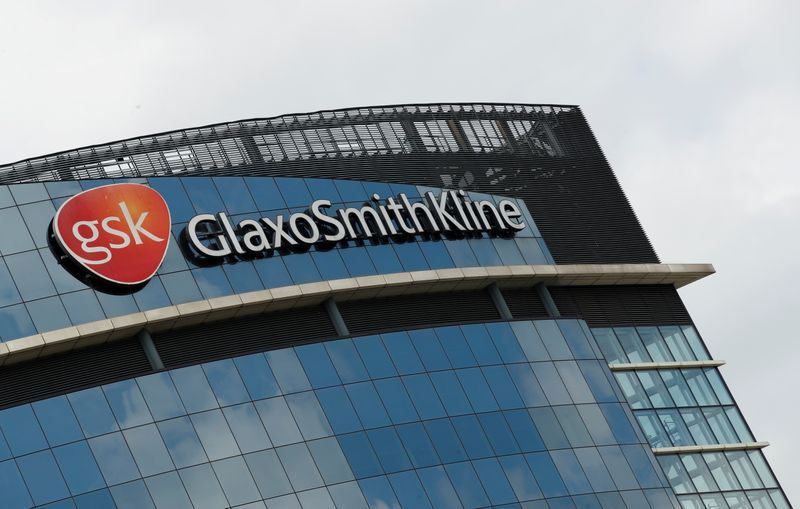(Reuters) – A panel of the European Medicines Agency (EMA) on Friday has recommended approving GlaxoSmithKline’s experimental treatment for a common form of blood cancer, days after a similar nod from a U.S. Food and Drug Administration panel.
EMA’s human medicines committee (CHMP) recommended the approval of belantamab mafodotin for treating adults with relapsed and refractory multiple myeloma who no longer respond to treatment with an immunomodulatory agent.
Approval for the drug as a treatment for multiple myeloma is seen as important for GSK’s growing oncology portfolio. The drug, which is currently awaiting U.S. FDA approval, is a rival to Johnson & Johnson and Genmab’s Darzalex treatment.
“If approved, belantamab mafodotin will be marketed as Blenrep and will be the second major regulatory milestone for GSK’s oncology portfolio this year,” GSK said.
The U.S. FDA panel had earlier raised safety concerns about how the drug can cause deposits to gather on the cornea, but later voted in favor of the drug saying the benefits of the treatment outweigh the risks. [nL8N2EH3UV] [nL3N2EL3YU]
“To better characterise the effectiveness and safety of the medicine, the company will have to submit the results of a randomised confirmatory (phase 3) trial comparing Blenrep with pomalidomide plus low-dose dexamethasone,” the panel of the European regulator said.
GSK’s experimental treatment belongs to a promising class of drugs called antibody-drug conjugates (ADC) and, if approved, poses a challenge to the dominance of J&J-Genmad owned Darzalex.
ADCs link powerful cell toxins to antibodies that cling to cancer cells, sparing the healthy cells that are damaged during conventional chemotherapy treatments. [nL8N2883CX]
GSK’s drug targets the BCMA protein in cells characteristic of multiple myeloma – an area of focus for many drugmakers.
While final approvals are up to the European Commission, it generally follows the CHMP’s recommendation and endorses them within a couple of months.
(Reporting by Tanishaa Nadkar in Bengaluru; Editing by Shailesh Kuber)























